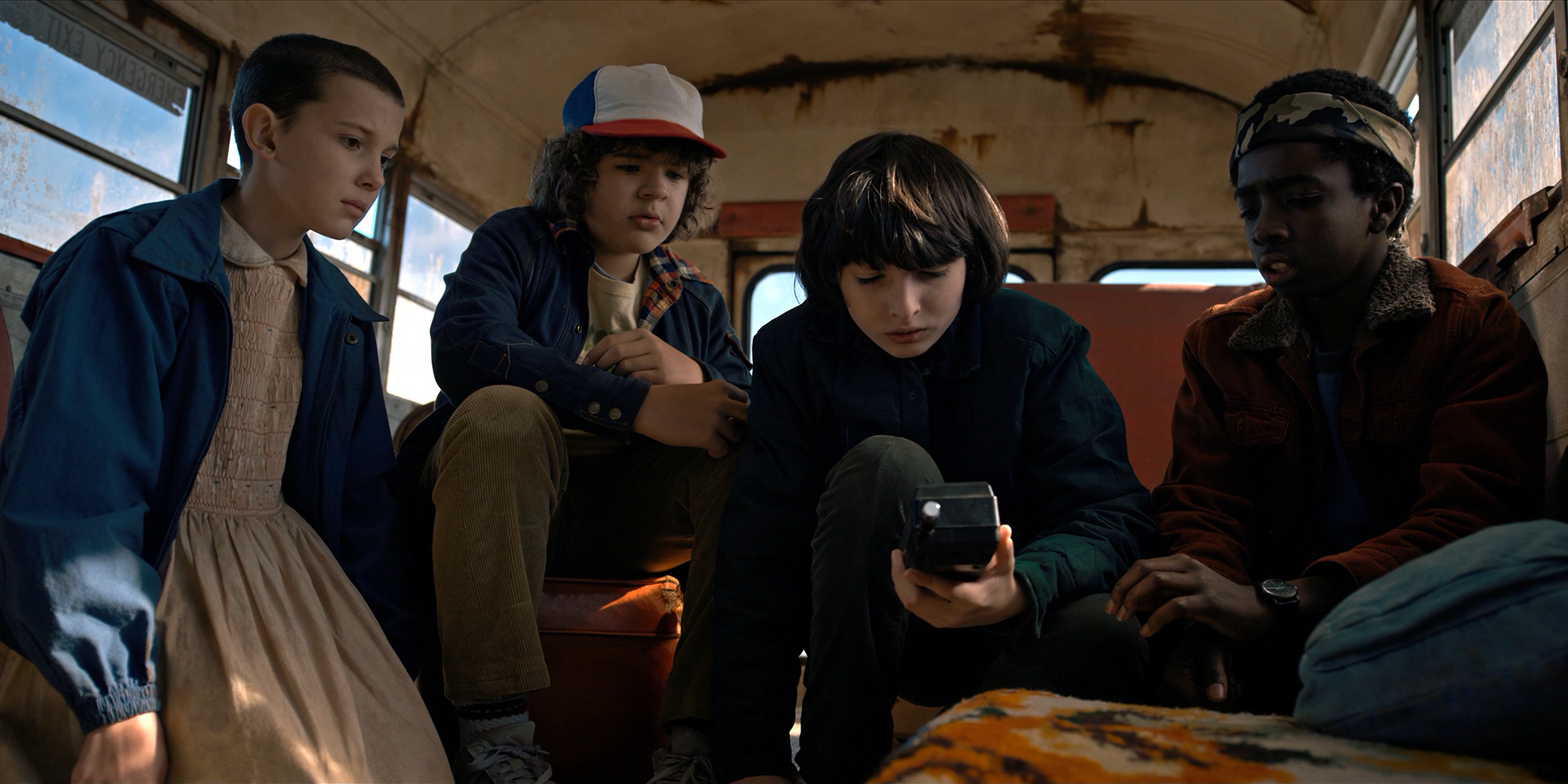Netflix and Marketing: The Surprising Link You Need to Know
The Power of Pop Culture: Why Your Brand Needs to Tap In
In today's fast-paced world, staying relevant is key to maintaining a strong connection with your audience. One of the most effective ways to achieve this is by tapping into pop culture. But why is this so important, and how can you effectively incorporate it into your marketing strategy? Let’s dive into the reasons and strategies behind leveraging pop culture to enhance your brand's relevance and engagement.
The Impact of Pop Culture on Brand Relevance
Pop culture has a profound impact on consumer behavior and brand perception. A perfect example is how the 1980s hit song, “Running Up That Hill,” soared back to the top charts after being featured in Stranger Things. This phenomenon isn't just a fluke; it's a testament to the power of pop culture in making brands and products seem more current and appealing.
Similarly, Netflix’s Queen’s Gambit sparked a 273% increase in chess sales, essentially reviving interest in a traditional game. These examples highlight how pop culture can create new opportunities for brands to connect with their audiences in meaningful ways.
Connecting Pop Culture to Your Brand
To effectively leverage pop culture, you need to start by understanding your brand's core values. Knowing what your brand stands for is crucial because it allows you to identify relevant pop culture elements that align with your brand's identity. Here’s a step-by-step approach to integrating pop culture into your marketing strategy:
Identify Your Brand’s Values: Start by clearly defining what your brand stands for. These values will guide your decisions on which pop culture trends to tap into.
Define Your Target Audience: Understanding who your audience is and what they care about is essential. This includes their preferences, interests, and the pop culture elements they engage with.
Connect Values and Audience Interests: Once you’ve identified your brand’s values and your audience’s interests, look for pop culture phenomena that align with both. This connection makes your brand relevant to your audience and shows that you care about the same things they do.
Why Pop Culture Matters to Gen Z and Millennials
Statistics show that Gen Z and millennials are particularly attuned to whether brands care about the same issues they do. Social justice, environmental concerns, and authenticity are paramount to these generations. By integrating pop culture into your brand strategy, you’re not just riding a trend; you’re demonstrating that you understand and share the values of your audience.
For instance, if your brand is committed to environmental sustainability, aligning with popular culture moments that emphasize eco-friendly practices can resonate deeply with your audience. This alignment shows that your brand is not only aware of but also actively participating in important cultural conversations.
Practical Steps for Integration
Here are some practical steps to integrate pop culture into your brand strategy effectively:
Stay Updated: Keep an eye on the latest trends in movies, music, TV shows, and social media. This will help you identify opportunities to connect with your audience through pop culture.
Create Relevant Content: Develop content that ties your brand to current pop culture events. This could be through social media posts, blog articles, or video content that references popular trends.
Collaborate with Influencers: Partner with influencers who are already engaged with the pop culture elements relevant to your brand. Their endorsement can help you reach a broader audience.
Be Authentic: Authenticity is key. Ensure that your connection to pop culture feels natural and not forced. Your audience can easily spot insincerity, which can damage your brand’s credibility.
Conclusion
Incorporating pop culture into your marketing strategy is more than just a trend; it’s a powerful tool to connect with your audience on a deeper level. By understanding your brand’s values, defining your target audience, and aligning with relevant pop culture elements, you can create a more engaging and relatable brand experience.


